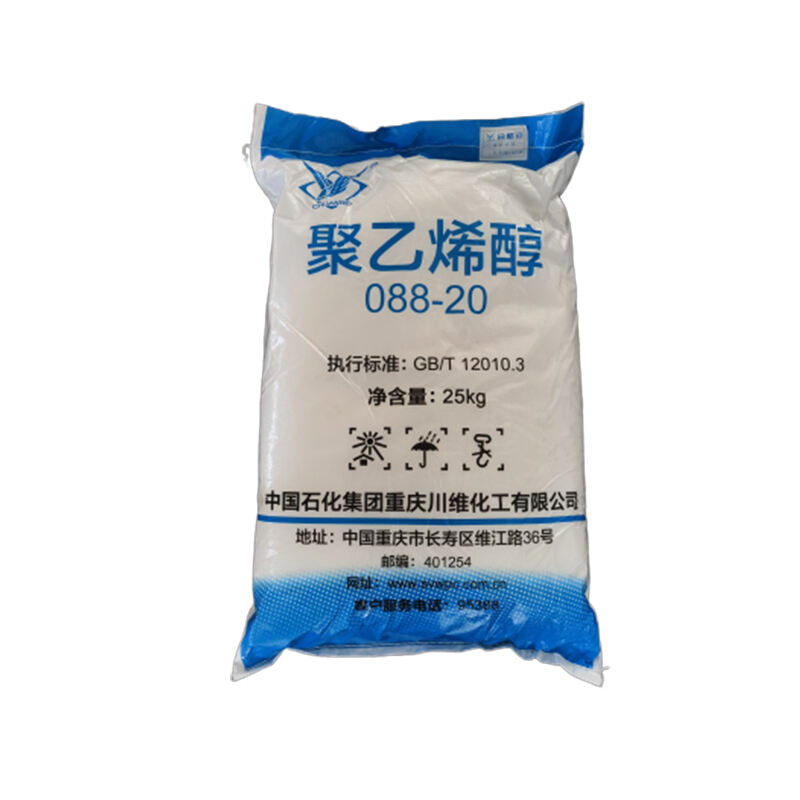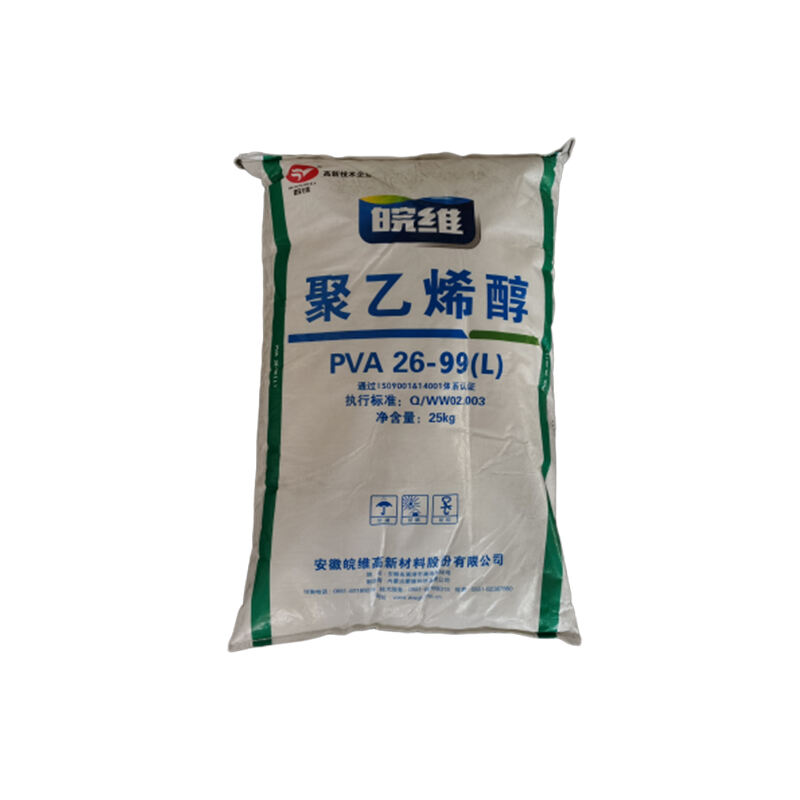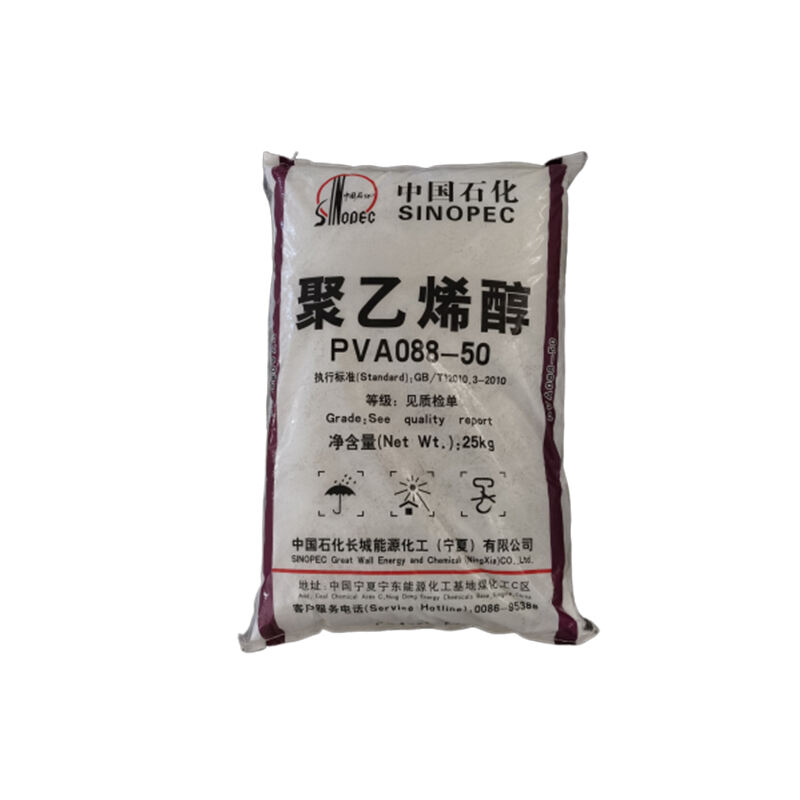
Polyvinyl alcohol (PVA) import/export regulations vary by region. In China, exporters must comply with CN Code 3905.30 and obtain export licenses, with customs inspecting product quality and documentation like commercial invoices and packing lists. The EU mandates REACH registration for PVA imports over 1 ton, ensuring compliance with safety and environmental standards. US imports fall under HTS Code 3905.30, requiring importers to declare goods via ACE systems, with duties varying based on trade agreements (e.g., 5.3% ad valorem for certain grades). Japan regulates PVA under the Chemical Substances Control Law, requiring notifications for specific uses. Tariff rates also differ: ASEAN countries may offer duty-free access under FTA agreements, while India imposes 7-10% customs duties. Compliance with food-grade standards (e.g., FDA 21 CFR 173.230) is mandatory for PVA used in food packaging.

